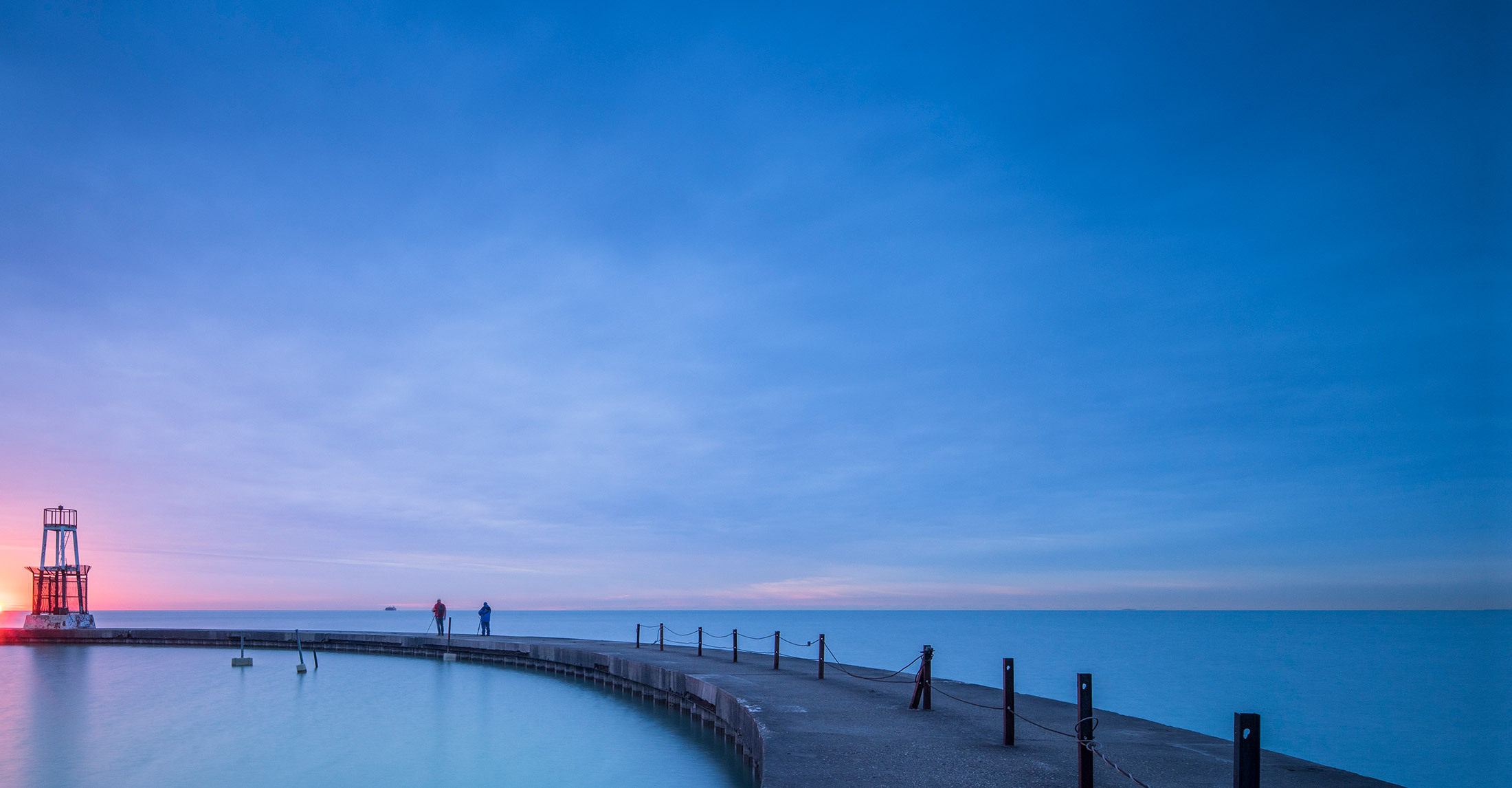| Firm News
Illinois Government Responses to Covid-19 Updated 5/29/2020
Today’s update discusses:
- Governor Pritzker’s issuance of safety guidelines for worship
- The state’s response in the United States Supreme Court opposing two churches’ petition related to violation of constitutional rights
- Five churches withdrawing their lawsuit after Governor Pritzker relaxes restrictions on churches
- The Illinois Sheriffs’ Association's lawsuit against the Governor and Department of Corrections for failure to accept transfer of offenders
- An emergency rule requiring long-term care facilities to test employees and residents
- Chicago’s announcement that Phase 3 will begin June 3
- Illinois courts reopening
EMERGENCY POWERS
- Shortly after two Chicago-area churches petitioned the United States Supreme Court, Governor Pritzker announced new guidelines for houses of worship, attempting to remove the mandatory imposition of the provisions surrounding in-person worship in his executive order. The guidelines highly recommend remote services but lift the ban on gatherings of more than 10 people. Further, the guidelines reference drive-in and outdoor services, providing recommendations to follow to maintain social distancing.
- As reported yesterday, the U.S. Supreme Court is considering whether the Governor violated the constitution when he mandated closure of churches. The Governor’s legal team argues the two Chicago-area churches’ petition is moot because “religious gatherings will no longer be subject to mandatory restrictions.” Mootness aside, the state argues that the executive order does not violate the right to free exercise of religion under either a rational basis or a strict scrutiny review. In addition, the opposition argues the churches’ Illinois Religious Freedom Restoration Act claim is barred by the Eleventh Amendment, and their Establishment Clause and Religious Land Use and Institutionalized Persons Act claims were forfeited.
- Five Lake County churches, which filed suit against Governor Pritzker for his restriction on church gatherings, have withdrawn their lawsuit. The churches had alleged that the restriction violated their religious freedoms. The recently issued safety guidelines for worship (mentioned above) have caused these churches to reconsider the challenge.
- The Illinois Sheriffs’ Association (“ISA”) has sued the Governor and the Illinois Department of Corrections (“IDOC”). The ISA alleges that Governor Pritzker and the IDOC refused to accept transfers of parole violators or convicted individuals from jails across the state. “This has left the Sheriffs to bear not only the burden of protecting their detainees and county-sentenced inmates from the threat of the virus, but also those who rightfully should be in the custody of IDOC at a time when space and inmate population are critical components to battling the spread of the virus. Jails continue to accept new arrestees and manage the spread of the virus simultaneously.”
- Governor Pritzker announced that all nursing homes and long-term living facilities must test residents and staff. According to the Governor, facilities have not complied with prior directives to test, making this new rule necessary. The rule will require facilities to test residents and staff if it is “experiencing an outbreak” or if “directed by the Department or the certified local health department” while also complying “with infection control recommendations….”
ECONOMY
- Chicago Mayor Lori Lightfoot announced yesterday that Chicago will move into Phase 3 of reopening on June 3, just a few days after the rest of the state. Simultaneously, Mayor Lightfoot warned, “under no circumstances should our move to phase three be confused with this crisis being over because it’s not. COVID-19 is still very much part of our present.” Some of the changes Chicagoans will see include outdoor dining, nonessential businesses reopening, and personal care services reopening.
JUDICIAL ORDERS
- Like other courts around the state, the Madison County Courthouse will reopen on June 1. However, the order requires employees and visitors to abide by specific guidelines. For example, no civil trials will take place until after August 1. In addition, face coverings will be required and social distancing must be maintained. While the courthouse will be reopening, remote hearings are still encouraged.
